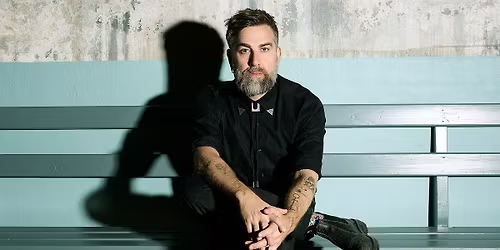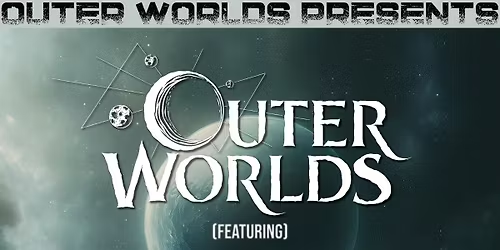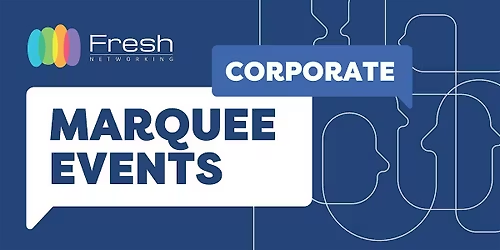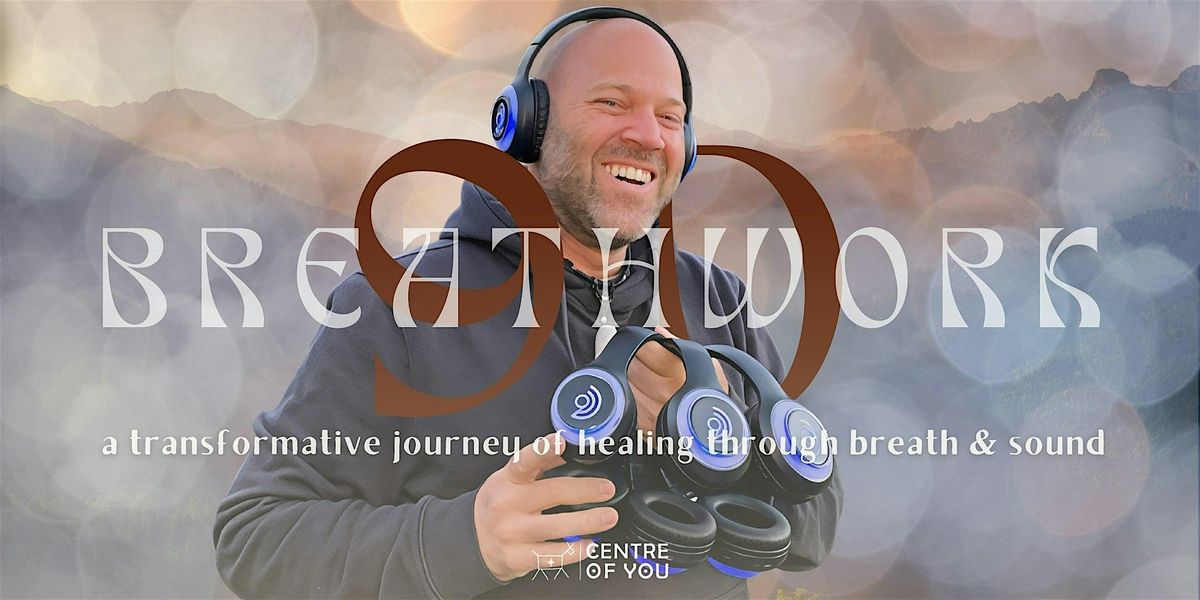Field Philosophy meets Food Studies
Schedule
Fri Nov 07 2025 at 10:00 am to 04:00 pm
UTC+11:00Location
Deakin Downtown | Melbourne, VI

About this Event
This interdisciplinary workshop brings together philosophers, bioethicists, social scientists, and food scholars to explore how field philosophy and empirical methods can enrich the study of food. Participants will examine ways philosophical analysis can contribute to food studies, including critical reflection on normative assumptions and conceptual frameworks. The workshop will also investigate how empirical approaches—such as ethnography, interviews, and participatory research—can disrupt and transform stable concepts and ideas. A key focus will be on the tensions and overlaps between theoretical analysis and empirical methodologies, considering how different schools of thought have embraced or resisted empirical engagement. Through collaborative dialogue the workshop aims to foster methodological innovation and deepen understanding of field philosophy and food as a site of ethical, political, and epistemic inquiry.
Co-sponsored by: Philosophy and History of Ideas Research Group (Deakin University); Institute for Health Transformation Research Accelerator Grant (Deakin University); and the Australian Research Council - Artificial Intelligence, Robots, and Agriculture: Social and ethical issues (DP220102952).
Agenda
🕑: 10:15 AM - 10:30 AM
Welcome and Introduction
Host: Chris Mayes
🕑: 10:30 AM - 12:00 PM
Session 1 – Philosophical Perspectives on Food and Agriculture
🕑: 10:30 AM - 11:00 AM
Megan Moss – The ‘Good Farmer’ Reimagined
Info: In this talk, I will start by putting forth my account of the good farmer. This is a social role in agriculture that I argue will be impacted by the integration of robotics and artificial intelligence (RAI) technologies. Using an Aristotelian framework, I consider how RAI technologies challenge existing accounts of agrarian virtue ethics, including: the virtues, how they are cultivated, and what goals of agriculture these align with. I dedicate the final part of this talk to reflecting on my own approach to this subject matter and navigating the tensions that I have encountered at the intersection of philosophical analysis and the contextually embedded site that is agriculture.
🕑: 11:00 AM - 11:30 AM
Beatrice Serini - Gut Abstractions
Info: "Gut Abstractions: How the microbial turn is affecting nutrition cultures" The paper offers an analysis of probiotic food futures, understood as approaches within the food domain that engage seriously with visions and practices of human–microbial coexistence in the realms of eating, health, and nutrition. It focuses in particular on a comparative analysis of two probiotic food futures that follow distinct biopolitical, epistemic, and ethical trajectories: on the one hand, fermentation as a vehicle for social change; on the other, microbiome-based precision nutrition and its relation to personalized approaches to health and well-being. The paper proposes an analytical framework for a detailed comparison of these two probiotic futures, employing tools derived from social ontology to map their internal structure and to identify their potential trajectories beyond the rhetorical promises that surround them.
🕑: 11:30 AM - 12:00 PM
Annie Sandrussi – Hunger, Satiety and ‘The Animal that Therefore I Am’
Info: This paper engages with the question of how eating practices reflect our deep entwinement with nonhuman beings, from the microbial to the mammalian. Thinkers of food and eating practices have widely reflected on the way that human eating practices are ground in ontological and material distinctions between the animal and the human; recent attention to the microbiome has been a site for reflection on our commensal relations with the microscopic beings that inhabit our bodies, and the way we willingly admit them through alimentary practices, while the human practices of consuming animals as meat has long been a site for debate about the boundaries of human-animal kinship.
In response, I reflect on Jacques Derrida’s lecture The Animal that Therefore I Am to critique the limits of commensal interpretations of eating. Drawing on psychoanalysis and ecofeminist theory, I offer an interpretation of infant suckling to show how hunger and satiety reveal a more fundamental animal kinship
🕑: 12:00 PM - 01:00 PM
Lunch
🕑: 01:00 PM - 02:30 PM
Session 2 – Food Studies Meets Philosophy
🕑: 01:00 PM - 01:30 PM
Angie Sassano – The Poultry Farm as a Precarious Community
Info: In recent years, AI and robotics have been developed to improve poultry farming under the guise of animal welfare and worker safety. Through increased automation, workers would be liberated from the traditionally ‘dirty’ job of poultry farming, and greater monitoring would ensure reduced risks to animal wellbeing. However, these technologies can also be understood as a new mode of agricultural biopolitics. In this paper, I draw upon Judith Butler’s work on precarity and Lauren Berlant’s cruel optimism to examine how the development of new technologies in the poultry sector are reproducing relations of shared vulnerability and oppression between human and nonhuman subjects. I consider the intersections of race and coloniality on how emerging technologies are deployed in the poultry sector to bring the racialised and animal worker together in a precarious relationship whereby some forms of life are reduced to a biological source of extraction and accumulation.
🕑: 01:30 PM - 02:00 PM
Jess Loyer - Field Philosophy in the Food Studies Classroom
Info: This presentation explores the food studies classroom as a site for embodied philosophical learning. At its heart, the food studies curriculum is concerned with key philosophical concerns around what is good to eat, how to eat well, who gets to eat well, and who gets to decide the answers to these questions at various historical moments and across diverse cultural contexts. I argue that these questions are best explored by challenging the mind/body duality that often dominates humanities teaching, and instead embracing food and cooking as a mode of enquiry to enrich intellectual forays into these topics. Drawing on case studies from my teaching in the Bachelor of Food Studies at William Angliss Institute, I will explore pedagogical approaches to historical and contemporary philosophical concerns such as the hierarchy of the sense, multiple ontologies of food, competing epistemologies of nutrition, and multispecies relations.
🕑: 02:00 PM - 02:30 PM
Kate Sievert - Equity, Evidence, & UPFs: Report on Dialogue Groups
Info: Debates about influence and bias in public health have increasingly centred on conflicts of interest. While financial conflicts have been rightly problematised, recent years have seen “conceptual creep” whereby non-financial interests, such as values, ethics, or dietary practices, are treated as suspect sources of bias. This has fuelled claims that equity- and justice-oriented research is ideologically driven rather than evidence-based. This study examines: (1) how do public health researchers conceive the relationship between values and research? and (2) how do they conceive the relationship between values and policymaking? To address these questions, we conducted three dialogue groups with Australian public health researchers, using fictionalised scenarios to facilitate discussion of value positions and trade-offs. We find widespread recognition of equity as a guiding principle, but divergent views on whether values should be disclosed in the same way as financial conflicts.
🕑: 02:45 PM - 04:00 PM
Session 3 – Panel Discussion on Methodologies in Field Philosophy
Host: Facilitator: Chris Mayes
Where is it happening?
Deakin Downtown, 727 Collins Street, Melbourne, AustraliaEvent Location & Nearby Stays:
USD 0.00




















